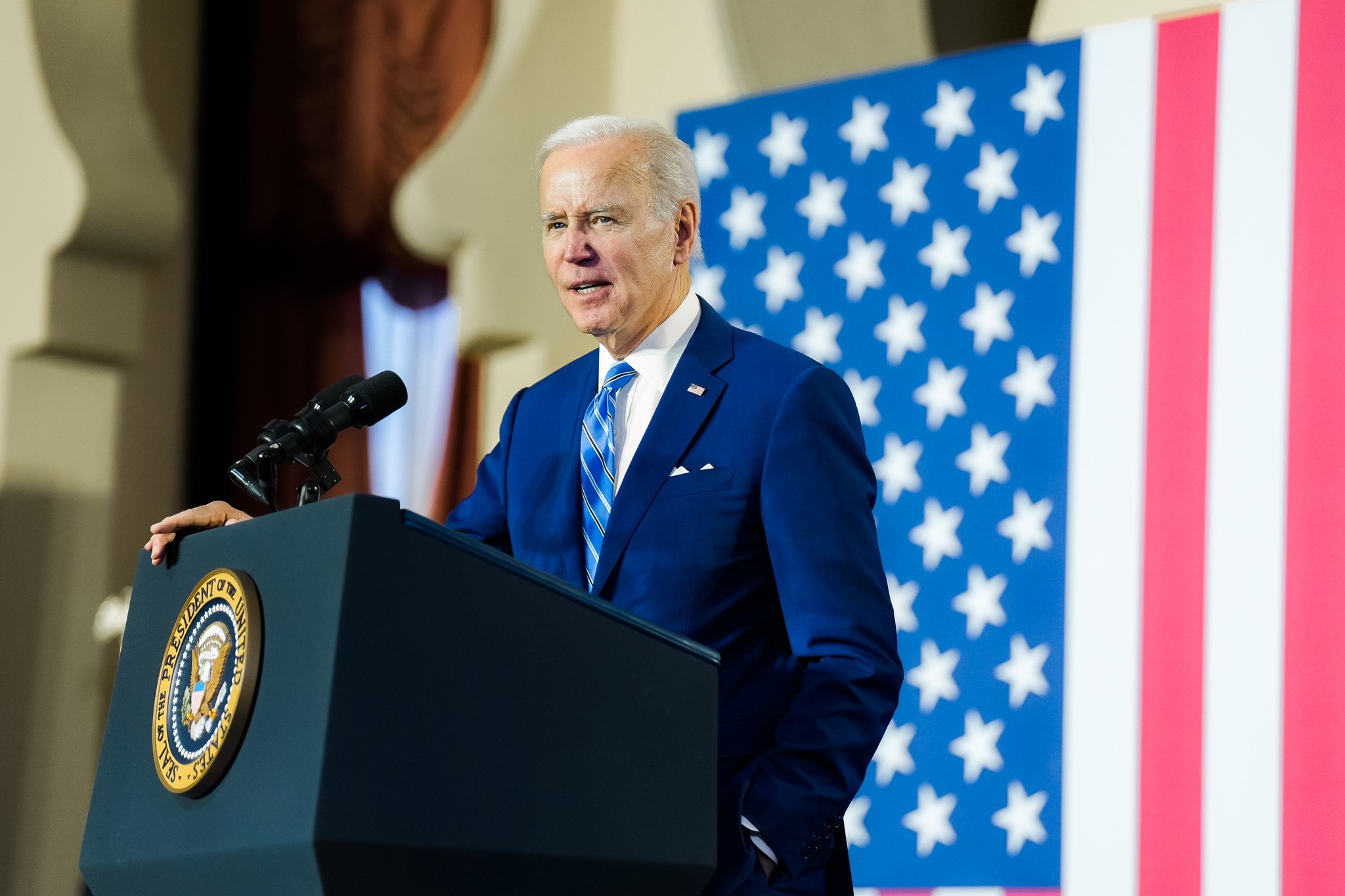Headline
Good Friday Agreement: Joe Biden’s historic visit to Ireland comes during turbulent times

The US president, Joe Biden, is expected in Northern Ireland and the Republic of Ireland next week to mark the 25th anniversary of the Good Friday Agreement. (File photo: The White House/Facebook)
The US president, Joe Biden, is expected in Northern Ireland and the Republic of Ireland next week to mark the 25th anniversary of the Good Friday Agreement. His visit will be one of historic symbolism and of personal significance, as an Irish Catholic president who has spoken proudly of his ties to the country.
A few weeks ago, the UK prime minister, Rishi Sunak, formally invited Biden to come to Northern Ireland to mark the anniversary of the peace deal, which the US helped broker. The UK has much work to do to repair relations with the US following the Trump-Johnson years, especially if they are to pursue a much desired trade deal that has been stymied partly due to US concerns about the safety of the Good Friday Agreement post-Brexit.
The four-day visit comes at a fragile time for the agreement, threatened by post-Brexit trade arrangements and political tensions in Northern Ireland. Power-sharing in the Northern Ireland assembly – a key feature of the Good Friday Agreement – has been in limbo for over a year, due to a boycott by the Democratic Unionist Party (DUP). In a recent poll, a majority of Northern Irish unionists said they would vote against the agreement if a referendum were held today.
The visit has other historical symbolism and personal relevance for the US president. Biden will spend three days in the Republic of Ireland. For that part of the island, the visit will be less about Northern Ireland issues, and more around the historically resonant imagery of an Irish Catholic president returning to his roots.
There is a long history of US presidents visiting Ireland. It is thought that 23 of the 46 presidents have been of Irish heritage. Until the early 1960s, most visits were by former presidents whose families originated in Northern Ireland.
In 1963, John F. Kennedy became the first sitting – and first Irish Catholic – president to visit. His sojourn was widely viewed as a symbolic homecoming. Both Irish and American media at the time described it as a “sentimental journey”. Biden, the second Irish Catholic US president, will stir memories of Kennedy.
Biden will spend time visiting his ancestral home and meeting family in County Louth and County Mayo. He is clearly proud of his Irish roots, often referencing how his family history has shaped his political career and worldview. As he wrote in 2016: “Northeast Pennsylvania will be written on my heart. But Ireland will be written on my soul.”
Biden has knowingly taken on the Kennedy mantle as a politician. Over the years he has come to personify a liberal politics of empathy, in which his Irish ancestry and Catholicism function as moral touchstones. However, this can shroud an underlying reality, that Ireland and the US are increasingly adrift, out of sync on matters political and cultural.
At the same time, Irish America is ageing and growing more conservative, with very few new emigrants refuelling it. Biden represents a disappearing figure, the last of a once powerful tribe of liberal Irish American politicians.
A diplomatic mission
Biden’s visit should not be understood as purely a sentimental journey. Indeed, looking back we can see that Kennedy’s visit was much more of a diplomatic mission than many viewed it in 1963.
Kennedy visited Ireland on his return from Berlin, after giving one of the most important speeches of the Cold War. His engagement with Ireland at that time aligned the controversially neutral state with the forces of “freedom”. And behind the scenes, a good deal of diplomatic and economic business was carried out that would benefit Ireland’s relations with the US for years to come.
As with Kennedy’s visit, economic diplomacy will be important, most obviously in the promise of US investment in Northern Ireland to reward and secure the new EU-UK deal on Brexit.
It is also a chance for Biden to repair the US’s global reputation for leadership in liberal internationalism, which has been on the back foot since the Trump administration.
Biden views the Good Friday Agreement as a significant achievement of US foreign policy, and one that enjoys bipartisan support in the US. To celebrate it today is to assert the US’s support for the rule of law in foreign policy, and promote the agreement as a model of peace for other post-conflict states. He’ll receive a warm welcome, but like Kennedy, the visit is something more than just sentimental.![]()
Liam Kennedy, Professor of American Studies, University College Dublin
This article is republished from The Conversation under a Creative Commons license. Read the original article.



























